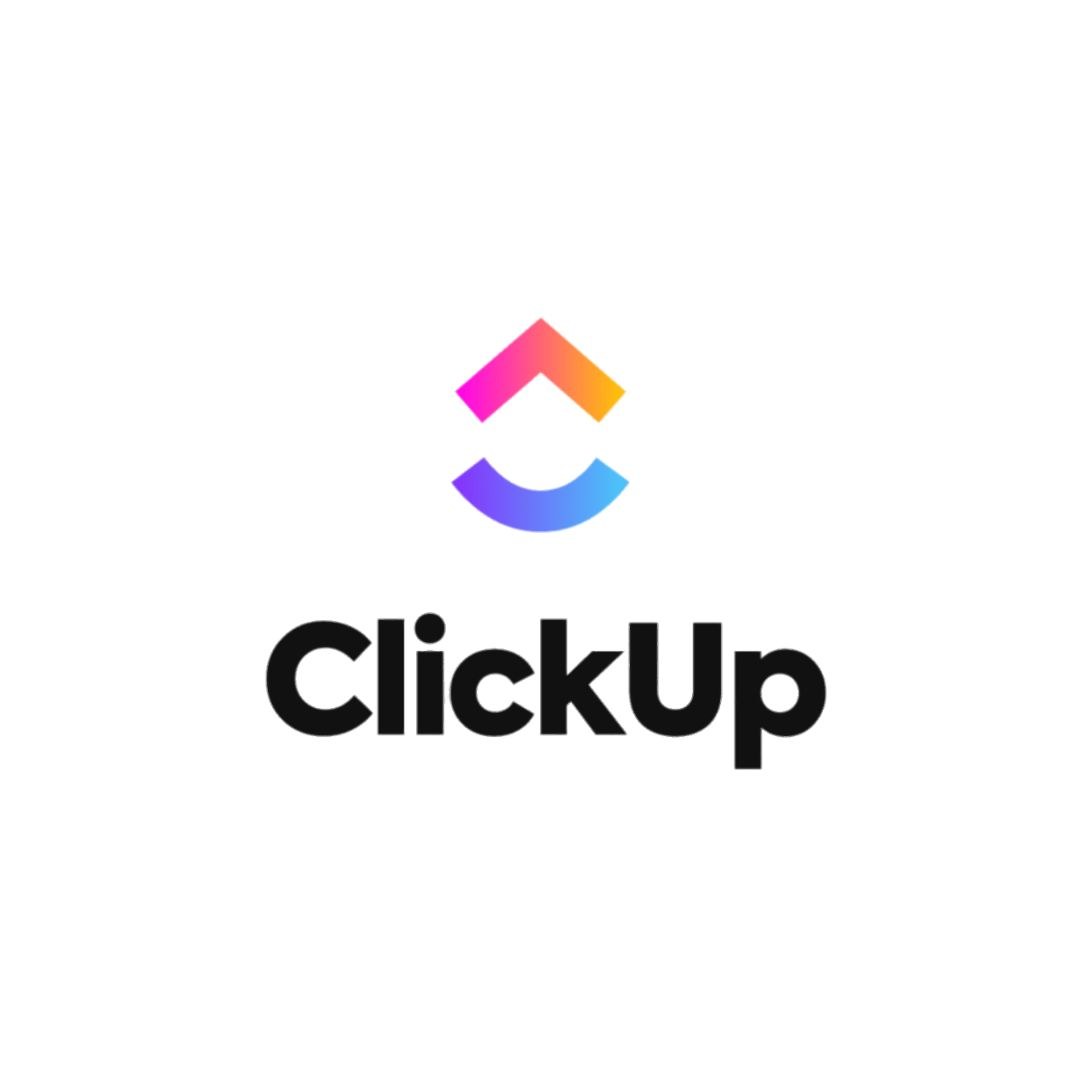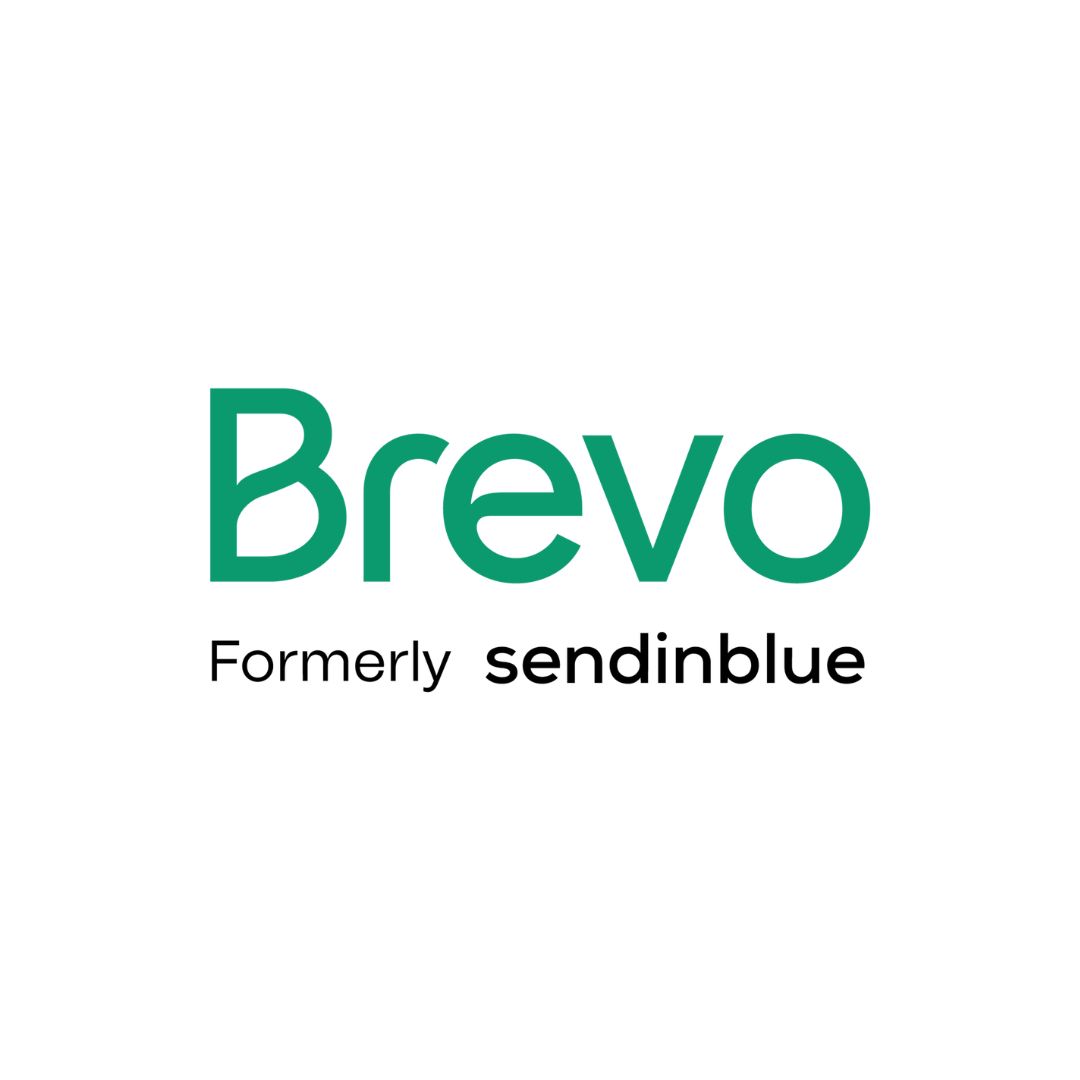This week, while working through CXL Institute’s Scholarship program where they have numerous minidegrees from Growth Marketing to Conversion Optimization, I was working through People and Psychology.
What is this all about?
People are all different. People react differently to different situations, and there are many things that play a role and influence our decisions. We sometimes think we make these decisions ourselves, but in actual fact, your decisions are influenced by many things and that is what this module amplifies the most. Because CXL has made a lot of information available just focusing on not only Cialdini’s 7 Principles of Persuasion but also Fogg’s Behavior Model and MANY other Persuasion Techniques. I am still working through that list!
What is the definition of persuasion?
thebalancecareers.com defines it as, “Persuasion is convincing others to change their point of view, agree to a commitment, purchase a product or service, or take a course of action. Oral and written persuasive skills are valued in the workplace. Sales is the most obvious form of persuasion, but this skill is used in many other positions as well.”
When is the definition of psychology?
medicalnewstoday.com defines it as, “Psychology is the study of the mind and behavior, according to the American Psychological Association. It is the study of the mind, how it works, and how it affects behavior.”
When to use psychology in Conversion Rate Optimisation?
After applying the foundation of a landing page. We have already tackled Message Mining, surveys, and ways to retrieve great feedback from our current and past clients to create great copy for our website. With this in mind, making sure your layout and copy are in place first. Then we can go and put elements in place to influence decision-making. This being said, it still remains a test whether you should and which principle to apply. Because there are MANY and applying to many and possibly the wrong one could impact your conversions. Remember A/B testing? Right! Use that to test which works best. Peep said in his introduction that applying all of them at once, won’t work as well and that you should use these principles sparingly for full effect.
What’s Cialdini’s 7 Principles of Persuasion?
Robert Cialdini has pioneered the principles of persuasion back in the ’80s already. Keep in mind and look out for his book: Influence, where these principles are discussed as well. Most people in our industry know that when we refer to his principles, it includes the following:
- Reciprocity
- Commitment/Consistency
- Social Proof
- Authority
- Liking
- Scarcity
- Unity
I am just going to, in a few words, describe what each meant to me.
Reciprocity
There was at least one day in all of our lives where someone surpassed our expectation in terms of the level of service we received. How did you feel after that; you wanted to immediately return the favour, could not thank them enough, or wanted to go and write an excellent review online about their business, right? Now that is how I would explain Reciprocity. Returning the favour, basically. CXL explains Reciprocity as, “Give a little something to get a little something in return.”
Commitment
We are all deeply rooted to come through after we’ve committed to something and so much more if you did so publicly. The first word after reading the introduction was, “Accountability”. I guess you’d need to enroll in the minidegree to see what that intro consisted of. CXL explained Commitment being, “People want their beliefs to be consistent with their values.”
Social Proof
We all want to be part of a tribe. A team. A circle of friends, the list goes on. And that basically is what social proof is based on. We buy an item with less hesitation when we know the people we trust and know have bought the same item or at least a lot more people than only a few; we don’t want to be the one, the one person who bought something that I later realised was a mistake. CXL explains Social Proof as, “ There’s nothing like feeling validated based on what others are doing.”
Authority
We all have a favourite celebrity figure, maybe a sports hero. Now, when they endorse a product or service, we immediately think more of it. In spite of the flaws they might have, we acknowledge that they have achieved a lot more than we might have, for example and that their endorsement of it carries weight.
Liking
Companies, in the rush to get their product to market, forget to become relatable to their customer, client or prospect and that immediately gives the idea that you are just here to take my money, in short. Where, if you take time to explain your background, your upbringing, your personal love or liking in the product or service can go a long way. Simon Sinek explains it well in his book, Start with Why; People buy WHY you do it. So, don’t underestimate the power of your About Us page, but try and rethink the way you’re doing it. CXL explains it as, “The more you like someone, the more you’ll be persuaded by him.”
Scarcity
I am sure all of us have been on Amazon or Takealot (Here in South Africa) and there was a small, red portion of text saying, “There are only 3 left!”. How did that make you feel? It almost hastened your thinking, right? Maybe I should just do it now, maybe it won’t be available when I come back… That is what scarcity is about. CXL explains it as, “When you believe something is in short supply… You want it more!”.
Unity
In this last week I was listening to Gary Vee’s Crushing it audiobook and this gentleman was explaining how he was always working a corporate job and on the sideline, he was busy building pedals to change the sounds of his guitar through his amplifier and eventually built his own brand and started selling to the public. He continued to make YouTube videos of him playing and suddenly this showed his customers that he was not just a Scientist who was playing around with sounds, but an actual Guitarist who knows the struggle each Guitarist goes through in terms of their sound, and that created a sense of “You are just like me” moment and that is what Unity here resembles. CXL explains it as, “We are just like you.”
Fogg behavior model
When you are motivated and already made up your mind that you’d like to buy a specific item you just want to go to that website and buy it as quickly and easily as possible. And that is, in short, what Fogg’s Behavior model explains. The higher the motivation to buy, the less triggers or call to action you need to persuade them to buy. BUT, it needs to be as easy as possible to check out and buy the product, otherwise, you will make them leave because of frustration.
Conclusion
To whoever is reading this and is considering enrolling for this minidegree; It is worth every cent. What you learn here is pure gold and can only benefit you in your venture to become greater and what you do.

















